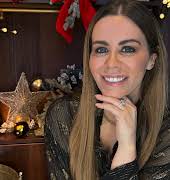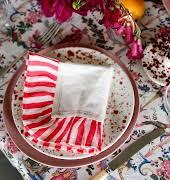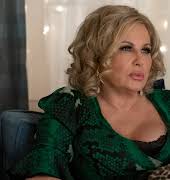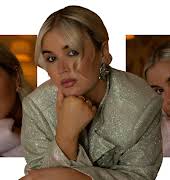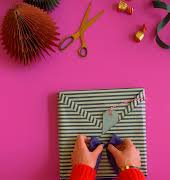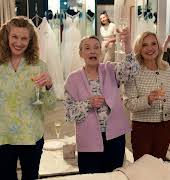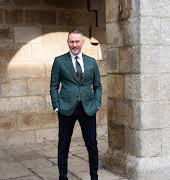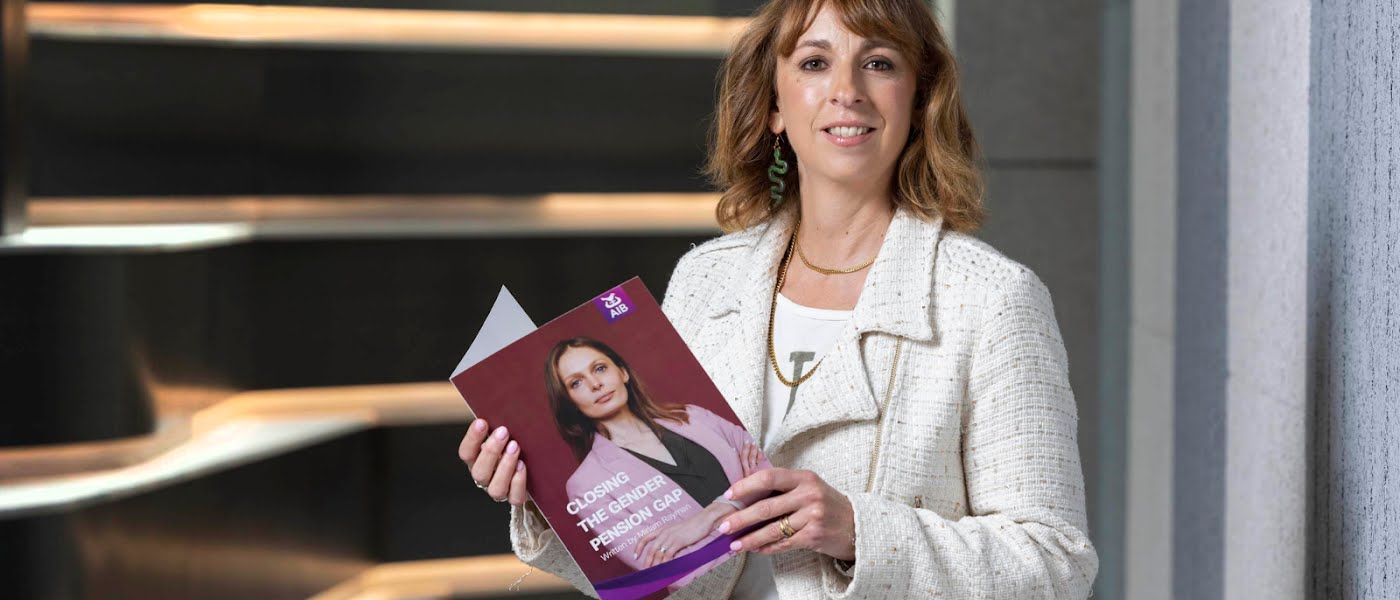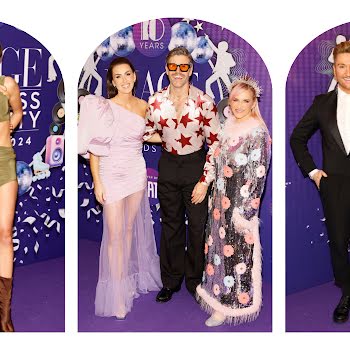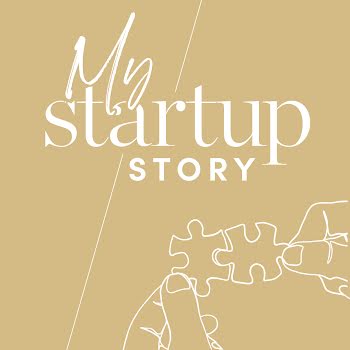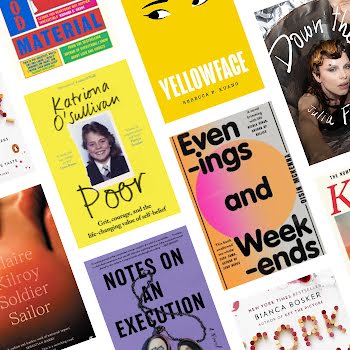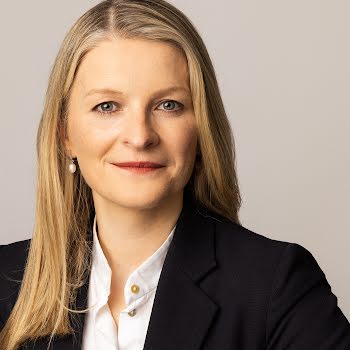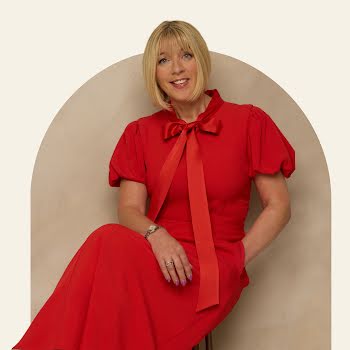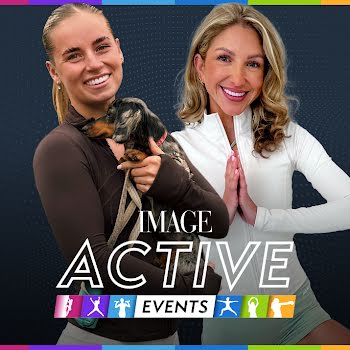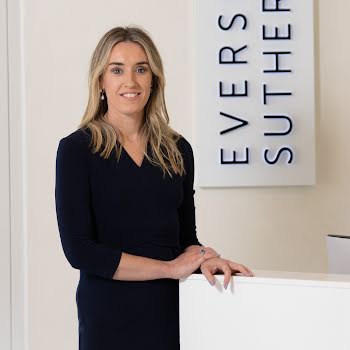As a futurologist or trend forecaster, Miriam Rayman’s job is all about studying trends, emerging technologies, societal shifts, and other factors, in order to predict possible developments we may face in the future. Recently finishing work on a white paper report for AIB, Miriam believes that the gender pension gap being experienced by Irish women could be eliminated by 2050.
I never knew such a job as a trend forecaster existed. I wanted to be a journalist though and it’s not so different to that as it involves seeking out the new, unearthing lesser-known stories and interviewing experts at the forefront of their field.
In college, I studied… Geography at UCL, although my focus was human geography so it was about people and places. I feel like I am still studying those types of trends now looking forward to 2030 and beyond.
My most formative work experience was… it’s hard to pick one, I’ve had the good fortune to interview leading thinkers such as Graig Venter, Ray Kurzweil and Margaret Heffernan who’ve all blown my mind. I recently took part in an immersive experience called Dreamachine produced by Jennifer Crook and Collective Act as a taste of what the future work environment might involve and it was a mixture of flashing lights and music that transported me into a blissful imaginary state, ready for that next brainstorm.
My first real job was… as a record sales assistant for Planet Phat Records and Red Rose Recordings. We produced and distributed garage tracks to record shops across the UK and it was all done over the landline phone – we played each record so the buyer could select their order.
A common misconception about what I do is… people think it’s about looking in a crystal ball when actually, it’s about conducting expert interviews and poring over data trends to asses the direction of change.
My main responsibility in work is to… uncover the direction of behaviour change and analyse what this means for consumer brands.
I work also as an executive coach and many of my coachees are women. The coaching world is very supportive and I have a handful of fellow coaches who inspire me day to day, particularly Dr Rebecca Newton.
The biggest risk I have taken in my career so far is… moving to China or conversely moving back from China. Both things were huge disruptions to my career trajectory but worth the risk.
I wake at… 7am.
The first thing I do every morning is… reach for a green tea whilst ensuring the kids have a healthy breakfast – not always successfully!
My morning routine is… daylight before screen light – as much as possible.
I can’t go to work without… a pint of green tea.
I travel to work on… foot, I have a co-working space near my home in East London.
On an average workday, I… blitz a few hours in the morning, take an activity break at lunch and do some form of sport then I’m fresh and focused for meetings in the afternoon.
I start my working day at… 9am. I’d love to start earlier as I’m an early bird but my little darlings take up my first two morning hours.
The first thing I do at work is… write a to-do list. I love a list. I always ensure I edit that list though, there’s no point having things on a list that you’ll never get around to, it’s dispiriting.
I usually spend the first portion of the day… walking to work, fuelled with coffee. This is when I get all my creative ideas.
I break for lunch at… midday and usually have breakfast. Sounds strange but I’m too busy in the morning for breakfast so I have porridge or granola.
The most useful business tool I use every day is… my stand-up desk. It keeps my mind active and posture in shape.
I save time by… breaking my tasks down into bitesize chunks so no matter how small my window is, I can get some of it done and don’t waste time turning in circles not knowing where to begin.
I rarely get through my working day without… having a mind-blowing conversation with an expert from my network. As future analysts, we need to be in touch with thinkers and makers at the forefront of their field. Interviewing these great minds is the best part of the research.
The best part of my day is… I love mornings. I’ll walk across the park to drop my daughter at school, grab an espresso then walk to my office whilst the coffee kicks in and all my creative ideas arrive whilst I’m in motion.
The most challenging part of my day is… after the kids go to bed, I sometimes open up my laptop again. While I know that staring at a screen before bed isn’t ideal, it can be great to get a few quiet hours of work in when no one else is disturbing me. I try to limit this to only a few nights a week though.
I know it’s been a good day if… my children have done all their homework and no one is having a shouting match.
I usually end my day at… 4.30 or 5pm. I can always hop on later when the kids are in bed but usually, I try not to.
I switch off from work by… reading, I’m currently reading Demon Copperhead by Barbara Kingsolver and loving it.
Before I go to bed, I’ll… take a magnesium supplement to help me have a restful sleep and then I put on a podcast. Love this moment in the day.
I often prepare for tomorrow by… I’ll take 10 minutes to look at the day ahead and consider anything that might get in the way of getting everything done. Planning ahead is so important if you want to make the most of your time and ensure you have energy left over for other parts of your life too.
After a long work week, I destress by… I used to go to the pub and see friends and this does still happen—I do a lot of informal trends spotting in that environment—but my latest habit is to destress by having a sip of SENTIA Gold, it’s a non-alcoholic spirit. It has some of the same effects as alcohol in that it encourages the production of GABA, a relaxing neurotransmitter in the brain. It helps me to chill out without any of the negative effects of alcohol.
The accomplishment I’m most proud of is… my current work around the gender pension gap feels very urgent and hugely impactful. Some work around gender inequality can make you very frustrated because there’s so little we can do but taking an active role in your pension is open to everyone. Don’t wait until you’re in your 60s to think about this. Go and talk to a financial adviser, AIB offers this service to women at no cost so there’s literally nothing to lose in having a quick chat so you can make small tweaks now that could have a huge impact in later life. The insights we’ve uncovered in this most recent report are so valuable to women particularly those starting out in their careers. The Gen X women we’ve interviewed say they wished they’d been made aware of the gender pension gap when they were in their 20s. Hopefully, this report will really help to move the needle on the gender pension gap and finally ensure pension parity for women.
If you want to get into my line of work, my advice is to… be curious and talk to people. Don’t just look at what people are saying online, don’t just look at what brands are doing, get close to the insight by observing people’s behaviours and asking them about their motivations, take those ideas to a trend agency and wow them with all your stories.
I’ve just finished working on… closing the gender pension gap, a white paper for AIB which predicts that based on emerging sociocultural trends and policy changes, the gender pension gap will close by 2050. At the moment, my current research area is the future of work. So much is changing and that is having a massive impact on women in the workplace and their ability to plan for a stable financial future. We’ve witnessed a seismic shift since Covid with flexible working as the new standard, this along with the introduction of generative AI will have a huge impact on the workplace. Diversity of thought will be crucial for business success and we can’t get that from a workforce that all looks the same.
Photo by Shane O’Neill, Coalesce.

